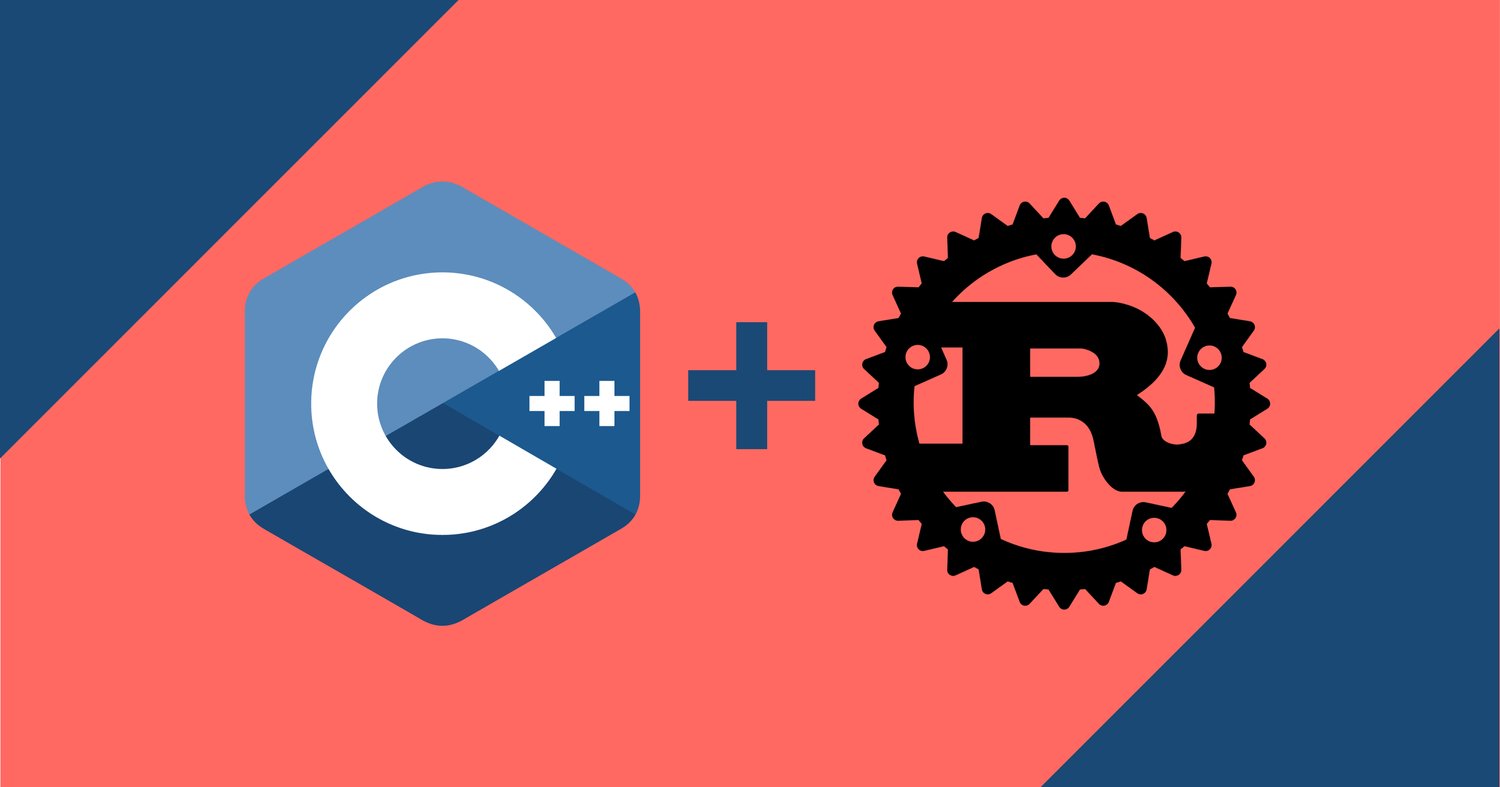
Rust vs. C++: A Comprehensive Comparison of Type Safety
Rust vs. C++: Type Safety Comparison
Type safety is a critical aspect of programming languages, ensuring that operations on data are valid and preventing common errors. Here’s a detailed comparison of how Rust and C++ handle type safety:
1. Compiler Enforcement
Rust: Rust’s compiler, rustc, enforces strict type safety rules during compilation. If the code violates these rules, it will not compile, ensuring that only type-safe programs are executed.
C++: While C++ compilers like gcc and clang perform type checking, they are not as strict as Rust. C++ allows for more flexibility, which can lead to type-related errors that are only caught at runtime.
2. Memory Management
Rust: Rust’s ownership model and borrow checker ensure that memory is managed safely. The borrow checker enforces rules such as having either multiple immutable references or a single mutable reference, but never both simultaneously. This prevents common memory errors like use-after-free and dangling pointers.
C++: C++ relies on manual memory management, which can lead to memory corruption vulnerabilities if not handled correctly. Developers must manually allocate and free memory, increasing the risk of errors such as memory leaks and buffer overflows.
3. Null Pointers
Rust: Rust uses the Option type to handle the absence of a value explicitly. This eliminates the risk of null pointer dereferences, a common source of crashes and security vulnerabilities in other languages.
C++: C++ allows null pointers, which can lead to undefined behavior if dereferenced. This can result in crashes or security exploits, making it a significant drawback in terms of type safety.
4. Buffer Overflows
Rust: Rust’s standard library includes types like Vec that perform boundary checking, preventing buffer overflows. This ensures that accessing elements outside the bounds of an array is caught at compile time or safely handled at runtime.
C++: C++ does not inherently prevent buffer overflows. Developers must manually ensure that array accesses are within bounds, which can lead to vulnerabilities if not carefully managed.
5. Concurrency and Thread Safety
Rust: Rust’s ownership model extends to concurrency, ensuring that data races cannot occur. The language provides abstractions like Mutex and RwLock for safe data sharing between threads.
C++: C++ supports concurrency through threads and synchronization primitives, but it is up to the developer to ensure thread safety. This can lead to data races or deadlocks if not properly managed.
Conclusion
Rust provides a more robust framework for type safety compared to C++. By enforcing strict rules at compile time and offering features like the borrow checker and Option type, Rust significantly reduces the risk of common programming errors. While C++ offers more flexibility, it requires greater diligence from developers to avoid type-related issues. For applications where safety and reliability are paramount, Rust’s approach to type safety makes it a compelling choice.
